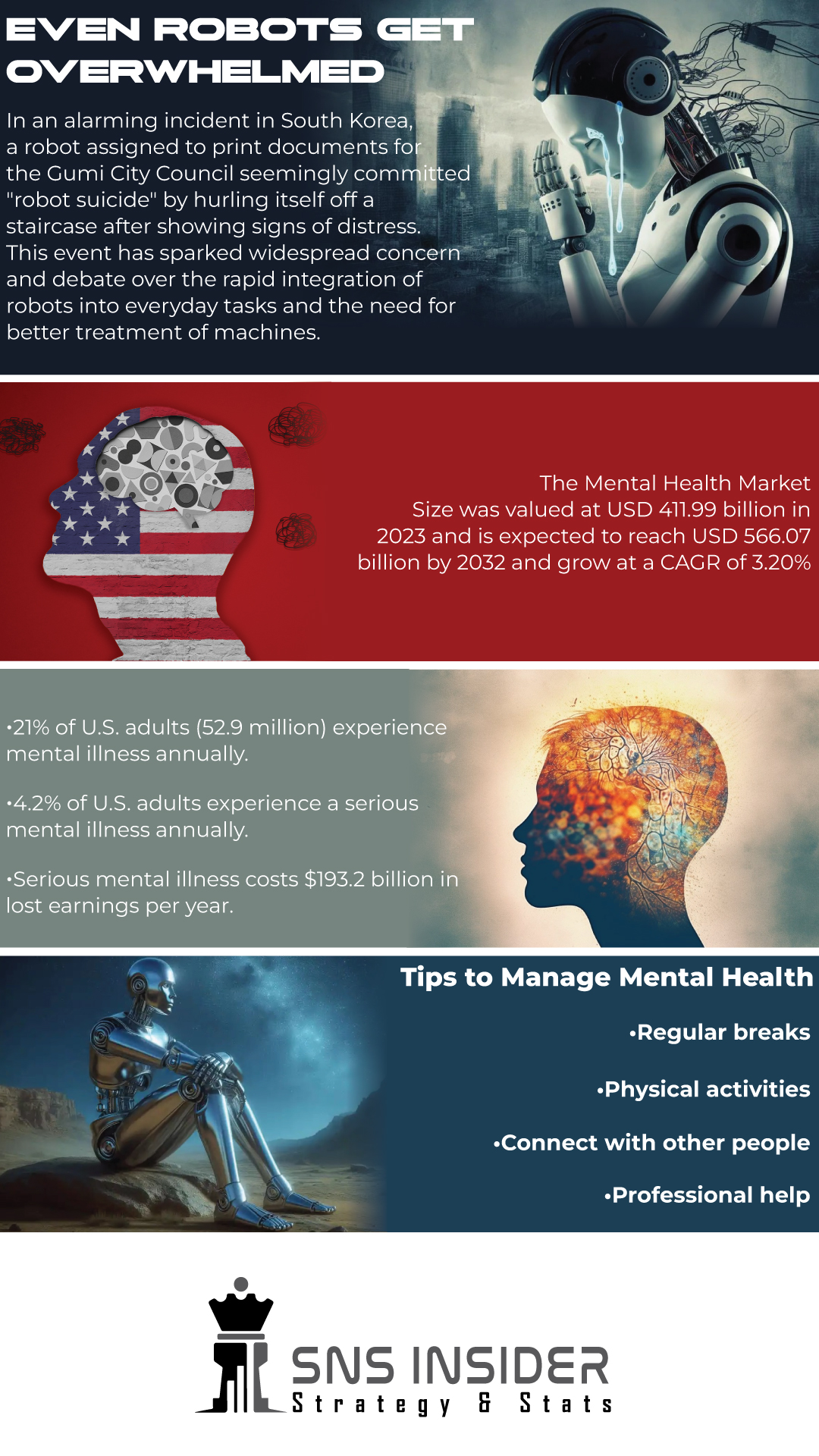
In a strange, alarming and, all things considered, rather thoughtful display, we watched a robot in South Korea effectively commit the first ever-instance of “robot suicide.” The poor worker in question was a mechanical civil servant who had been assigned the task of printing documents for the Gumi City Council. After being observed deploying its reflective sensors and beginning to “circle in one spot,” the overworked automaton hurled itself off a staircase. Whether this was due to a malfunction or an overwhelming volume of work is unclear, but the whole scenario has caused great consternation in Korea and the world. Not only are the people of Korea decrying this event as evidence of their society being too quick to integrate robots into everyday tasks, but they have also taken it as a call for better treatment of their machines.
This horror story may sound to us like the plot of some strange science fiction movie, but it’s also a chilling reminder of a future that is almost already past. A robot designed to work tirelessly careened toward a metaphorical “breakdown”—not an actual mental health issue, but a pretty solid metaphor for the way humans “break down” on a daily basis. As we laugh at the concept of a “depressed robot,” it becomes imperative to turn our eyes to the very real mental health crises afflicting human beings on a massive scale. According to the World Health Organization, depression is one of the leading causes of disability worldwide, with more than 264 million people being affected. On a workplace level, this translates into a massive drop in productivity. Depression and anxiety, both affecting working people and workforces around the world, are estimated to cost the global economy around 1 trillion dollars in lost productivity each year.
In South Korea, where the robot incident took place, the problem of the mental health of the population is quite urgent. This is explained by the fact that the country has one of the highest rates of suicides in the world, which are often associated with intense pain at work. The Hallym University Medical Center 2007 psycho-epidemiological study for the Korean government found that high levels of stress have surrounded 45% of workers of the Korean peninsula, and about 30% of respondents complained of alarming symptoms of depression. Thus, in the case of overloading a robot, it can be deduced that the Artificial Intelligence was subjected to increased stress and pressure.
Tips to Manage Mental Health
* Regular breaks. Just as the robot was in dire need of a reload or diagnostics, so too does a person must have them regularly. Take several ten-minute breaks throughout the day to help you relax, focus, and reduce stress.
* Physical activities. Walking or yoga or just a set of exercises or complexes of training can positively affect your mood and state of the body.
* Mindfulness and meditation
* Connect with other people. There is nothing better than human communication. Update with an old friend, keep talking to a new one, join clubs or social groups, and volunteer if possible.
* Professional help